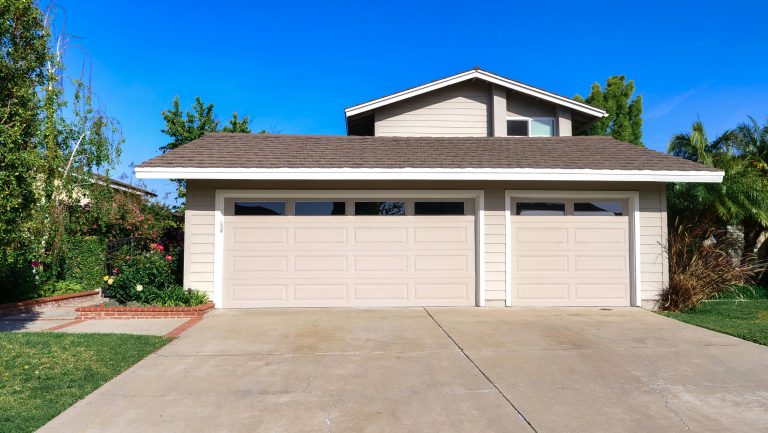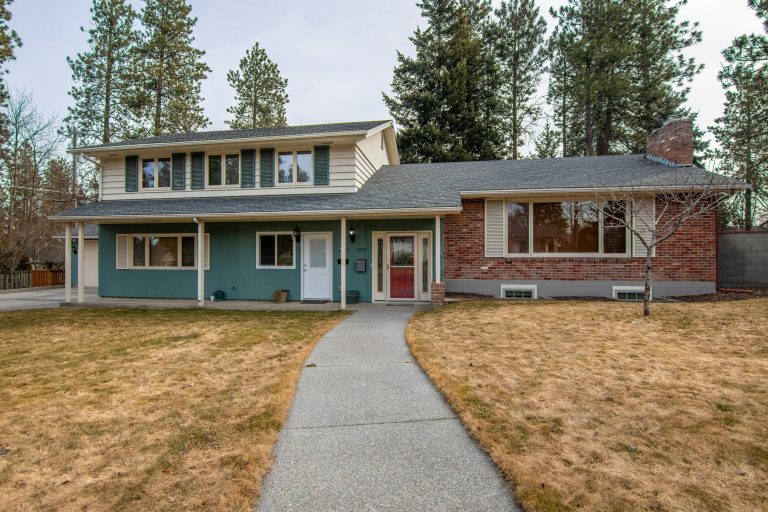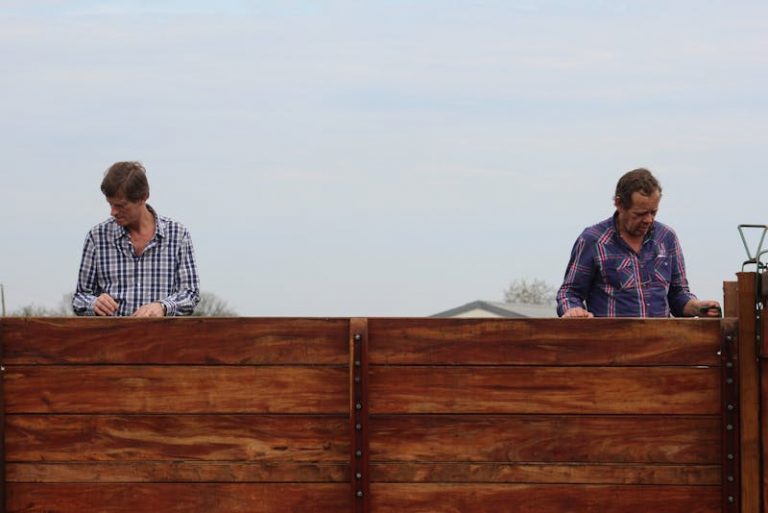

There are a variety of reasons you might be interested in soundproof wall panels and soundproof ceilings. Maybe you’re a musician and you’re trying to set up your own in-home studio. Maybe you live in a condo and the neighbors above you are particularly noisy, so you need a soundproof ceiling just to get a good night of sleep. Maybe you’re the particularly noisy neighbor and need high pressure decorative laminate flooring so that your neighbors can get a good night of sleep. Maybe you are a big movie buff and want to set up a legit in-home movie theater.
Whatever the reason, we’re certain that you want the time and money that you’re going to invest in your soundproof ceiling and walls to actually serve the function you intended for it. To help you accomplish a successful project, we’ve put together a list of things you should know before you get started:
Four Things You Should Know About Soundproofing a Room
- Size Matters
Every detail of your project hinges on the size of the room that you’re trying to soundproof. From a practical standpoint, the more space that you are trying to soundproof, the more materials you need to accomplish your goal. That costs more money. Thus, the larger your room, the larger your budget will need to be to soundproof it.
However, even for logistical standpoint, the taller the walls are and the further apart they are from each other, the greater the echo is, as the sound waves grow larger over the larger space. This means that in order to adequately soundproof your space, you’ll need additional acoustical accent clouds to achieve a fully soundproof ceiling. This is the sort of consideration that you might find it beneficial to talk to a soundproofing expert about.
- Quality Should Come Before Cost
We all like getting a good deal. We clip coupons and shop sales like the rest of you. So please don’t think we’re saying this because we’re snobs. The fact is, when it comes to soundproofing a room, you get what you pay for.
We know what you’re thinking: “Hey lady, I’m not trying to have a professional setup, I don’t mind sacrificing some quality to save a few dollars.” The fact is, you really don’t save any dollars with cheap material. If the soundproofing material you use is so thin that it doesn’t keep the sound out, then the money you spent on it is actually was actually money you flushed down the toilet. Furthermore, in most cases, you’ll have to double up on padding to get the same results that you would have gotten with the better quality material, so you’ll end up spending twice as much as you’d planned, and doubled your work as well. The moral of this story is that you should spend moderately more up front to save more in the long-run, and get the most functionality for your dollars. - Your Soundproofing Needs are as Unique as a Snowflake
Every room is like a snowflake. The size of the room, the materials that make the interior and exterior walls, and the insulation in between, and the surface of the flooring are all factors that determine how sound carries in the room. This means that when you are trying to soundproof your room, your needs are going to be unique. If the provider of your soundproofing equipment tries to trap you in a one-size-fits-all package, you should be very suspicious. This either involves buying more material than you need and wasting money, or not enough and not adequately soundproofing the space.
A good soundproofing expert will take all of the factors that make your space into consideration and then help you develop a custom setup that best soundproofs the area, for the least amount of money. You want to work with that type of expert when soundproofing your room. - There’s More Than One Way to Get There
There are several different approaches when it comes to soundproofing a room. In addition to considering the size and shape of your space, you’ll want to read up on the different methods used to soundproof. Consider the purpose of your project and which method best meets your needs.
Do you have questions? Share below!






